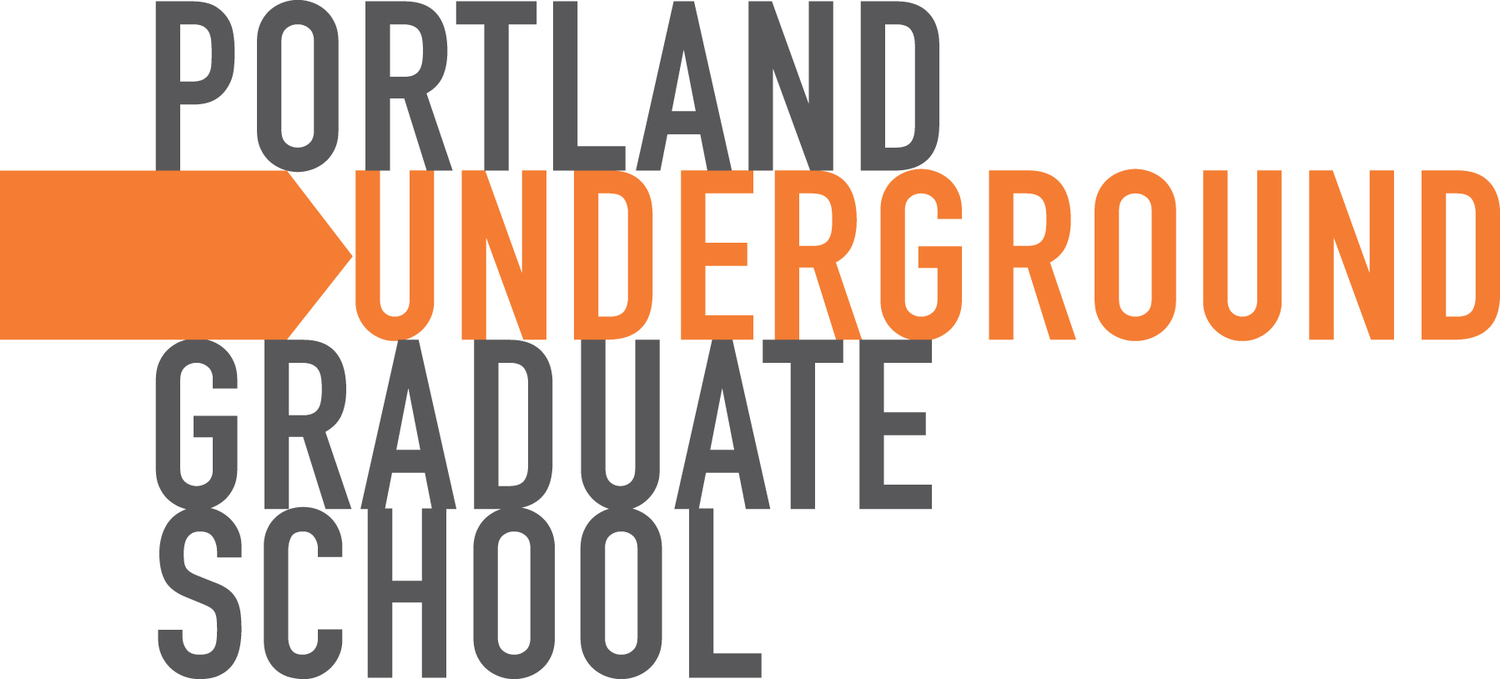Crop Diversity (February 2018)
Crop Diversity (February 2018)
Change Your Palate, Change the Future
Ninety percent of the world's calorie intake comes from just 30 crop species. With a rapidly changing climate affecting many of those crops, we’ve got a problem. In this course, learn how crop diversity, a.k.a. agrobiodiversity, is the key to sustaining our food resources.
Date: Thursdays, February 1, 15, 22, & March 1 (no class February 8)
Time: 6:30pm-8:30pm
Location: SE Uplift || 3534 SE Main St
$195, individual rate. $295, organization rate. Space is limited to 20 students.
NOTE: If you are using company funds to pay for your registration, please sign up at the organization rate.
Agrobiodiversity refers to the variety of crops and organisms that make up an agricultural system. This diversity is necessary for the system to function, adapt to a changing climate, and fight pests and diseases. It’s what keeps our food growing.
Historically, we knew and used more crop varieties than we know and use today. A lot of that change has to do with our picky palates. In this course, we will explore why (and how) our current food system makes us vulnerable. You’ll learn how to cultivate agrobiodiversity through your palate, plate, and pocket so you're eating more sustainably and ensuring crop production and food security for the future. We’ll also learn about “gleaning,” the process of collecting leftover crops, and about gleaning opportunities in the Portland area.
Week 1: Understanding agrobiodiversity. What is agrobiodiversity, and why should we care about it? We'll introduce the ideas behind agrobiodiversity and learn how to identify plants, seeds, and their nutritional potential with hands-on activities.
Week 2: Map your food. We'll trace the pathways of foods we eat. We'll map crop movement and evolution, tracking them from the wild, through their many forms, all the way to our plates.
Week 3: Agrobiodiversity in the Pacific Northwest. What do we grow in the Pacific Northwest today? Are there unique stories of agrobiodiversity here? How have we benefited from agrobiodiversity here in the past? What can we glean for in Portland, and where can we do so? Guest lecturer Leah Walsh will join us this week to help answer some of these questions.
Week 4: What can we do? In our final week, we'll discuss how our individual food choices support local farmers, the advantages and challenges to keeping a short leash on food miles, and how our food choices can help agrobiodiversity even beyond our borders. We'll each create a personalized action plan to follow for the rest of the year with the support of reliable sources and apps.
Dr. Neeraja Havaligi is a practicing agriculturist, educator, scientist and a life-long learner of the power of growing, cooking, and sharing food. Her background is in agronomy and plant physiology and her current focus is urban agrobiodiversity.
Leah Walsh is a spirited wellness coach, gardener, and wild food harvester who has a deep affinity with acorns and oak trees.



